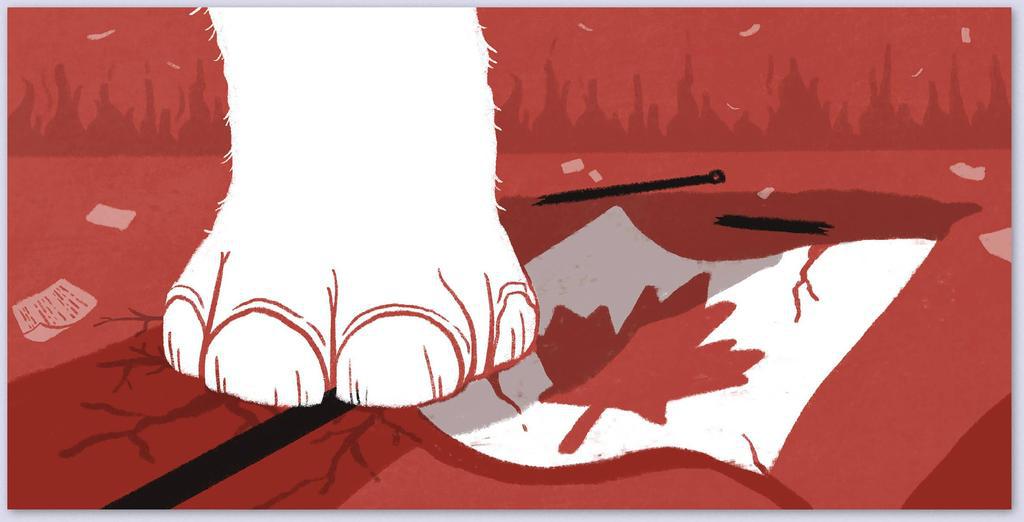
I have been thinking a lot about the surge in anti-Asian assaults and hate crimes lately. Partly it’s because, as a historian, I am asked regularly to explain the history of anti-Asian racism and how it can help us analyze what is happening now. The connection between our past and present is challenging, however, for many people to fully grasp.
I have found that people have difficulty talking about, let alone understanding, the legacies of historical anti-Asian racism, and so I thought it might be useful to talk about it by thinking about elephants. Not real elephants, but as a figure of speech. For example, in English we speak of “the elephant in the room,” and most readers will be familiar with the parable about the “blind men and the elephant.”
I prefer the term “white supremacy” to “racism.” Why? For many people, white supremacy makes us think of the Ku Klux Klan and Nazis and angry mobs with flaming torches. Surely Canadians are not those people. We are a polite people, much better than that. And yet . . . sheet music for the popular song “White Canada Forever” was a bestseller in the early twentieth century. And the political slogan “A White Man’s Province” helped a candidate win election as premier of BC. There was an organized Ku Klux Klan in the tony Vancouver neighbourhood of Shaughnessy in the 1920s. Those are clearly examples of white supremacy. So why would we continue to use the term racism rather than white supremacy?
The idiomatic saying “the elephant in the room” refers to a subject that people are avoiding in a discussion, and this subject is actually the most important one. Someone might say, “Shouldn’t we deal with the elephant in the room?” and everyone else will know that this is


